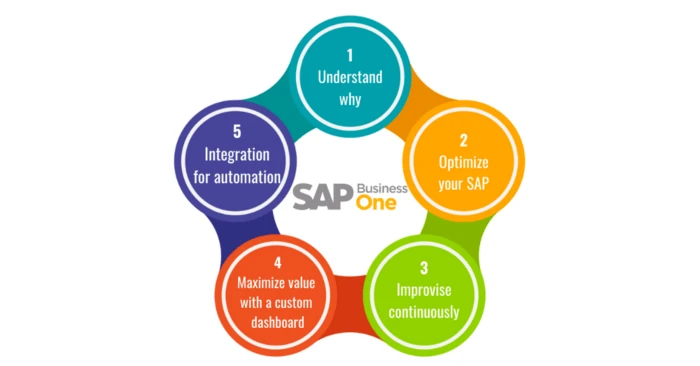An organization’s ability to successfully manage risks is a significant factor in determining its success in today’s quickly changing business landscape. Business intelligence (BI) has become a valuable instrument that firms may use to detect and proactively reduce possible risks.
Business intelligence is a strategic asset for risk management, not just a tool for producing insights. Using BI’s data-driven capabilities, organizations may proactively detect, evaluate, and mitigate risks. This allows them to make well-informed decisions that improve their competitiveness and resilience in a constantly shifting business environment. It is now imperative for modern firms seeking long-term success and sustainable growth to incorporate business intelligence (BI) into risk management procedures.
Let’s examine how BI is essential to risk management and just how it enables companies to make wise choices when confronted with uncertainty.
- Decision-Making
BI gives businesses the means to convert raw information into insightful knowledge. Through the examination of past data and present patterns, enterprises can detect possible hazards and predict their consequences. This method of making decisions based on data allows for proactive risk management.
- Early Warning Systems
By monitoring key performance indicators (KPIs), business intelligence dashboards and reports can act as early warning systems. KPI deviations from expected values can indicate possible hazards. Real-time notifications from BI tools enable firms to quickly address new dangers.
- Predictive Analytics
Predictive analytics features are among BI’s most powerful aspects. By utilizing machine learning algorithms on past data, business intelligence systems can predict potential patterns and hazards. Predictive models, for instance, can foresee credit risks, market volatility, and supply chain disruptions.
- Portfolio Risk Assessment
BI is a crucial tool for investment businesses and financial institutions to evaluate portfolio risk. BI tools can provide a thorough picture of risk exposure by aggregating and analyzing data on the assets in a portfolio, market circumstances, and economic factors.
- Compliance and Regulatory Risk
BI tracks and reports on data about regulatory requirements, which helps with compliance. By doing this, businesses may ensure they follow industry-specific rules and stay out of trouble with the law and their reputation.
- Scenario Planning
Organizations can construct a variety of scenarios and simulations with the help of BI. Businesses can assess potential risks and create backup plans to reduce losses by modeling multiple risk circumstances.
- Customer and Market Risk
Companies can better comprehend consumer behaviour and market dynamics with the use of business intelligence (BI). Through the examination of customer data and market trends, enterprises can detect possible changes in consumer preferences or market circumstances that could jeopardize their offerings.
- Operational Risk Management
With BI, operational risks may be tracked and reduced, including supply chain interruptions, system failures, and human error. BI solutions give businesses insights into their operating procedures, enabling them to spot flaws and make necessary adjustments.
- Reporting and Documentation
Comprehensive reports and documentation are produced by BI and are crucial for risk management. An audit record of decisions made, risk assessments completed, and actions done is provided by these reports, and it can be very helpful for regulatory compliance and accountability.
Make Smart Investment Decisions and Stay Connected to Enhance Your Risk Management Process
Today’s digital age requires all businesses to deal with risk and learn how to manage it. Business analytics and risk management experts can help firms have a better understanding of their current situation and how to move forward to reduce risks. Data-driven decisions and insightful information enable organizations to create more accurate predictions and estimates. Through the study of historical and current data, business intelligence experts help enterprises experience true business benefits.
Businesses may face a variety of dangers, but by taking the appropriate measures and utilizing reliable risk management analytics software from Osswal Infosystem, they may greatly increase their chances of anticipating issues and security threats and taking preventative action.




